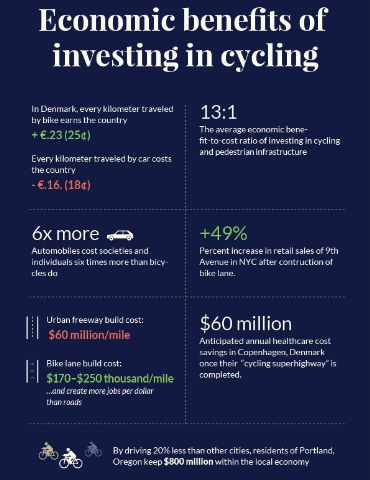What if I told you that if you’re an employee, you most likely get a bonus twice a year?
What if I told you that you get this bonus without doing any extra work?
And what if I told you, that you can use this bonus to take a nice bite out of any debt you may have or just give a little extra padding to your savings?
You would think that I’m crazy to promise such a thing, but all you have to do is look at the calendar.
There are 52 weeks in the year, which means that people who get paid bi weekly will receive 26 checks throughout the year. But if you divide 26 checks by 12 months, you get 2.167, not 2.
So what this all means is that during 10 months of the year, you get paid twice. But during the other two months, you get paid thrice! That’s right, you get an extra paycheck twice a year.
Why is this important?
MINDSET. When determining their budget or deciding to see if they can afford a service, most people assume they get paid twice a month and calculate from there. This is just how people are wired nowadays. This can be a good thing or bad thing depending on how it’s used.
But the purpose of this post is not to discuss the pros and cons of being in a monthly payment mindset. The point is that if you are in that mindset, you get an extra paycheck twice a year without fail. But the important thing is to actively decide to DO something with that extra money.
The worst possible thing you can do with that extra paycheck is to just let it sit in your checking account and have absolutely no plan on how to use it. I’m assuming this is what most people do, because most people have very little awareness of their money is going.
If you just let it sit in your checking account, it will most likely get spent on something you don’t need. Best case scenario, the money just sits there and doesn’t do anything to further your financial well being.
So what SHOULD you do with this money? This is something to really think about because this can potentially be a life changing decision.
Here is a little cheat sheet to get you started. Everyone has different goals and life situations so this may not apply to you word for word, but I feel this is a good way to figure out where to put that extra money:
1. Pay off family and friends. Owing people money feels really bad. But owing family or friends money should feel even worse. If you borrowed money from a family member and there was no mention of you paying it back, pay them back anyway. Resentment can build if these debts linger for too long. These relationships are too valuable to lose and can be difficult to repair. Use that extra paycheck and take care of that debt once and for all.
2. Pay off any high interest debt. No matter what your goals are, keeping around any high interest debt will ensure that you reach those goals as slowly as possible. Some people don’t feel comfortable with having any debt at all, but I’m okay with having some lower interest debts that don’t stretch you financially.
I classify “high interest debt” as anything with an interest rate above 6%. So this definitely includes credit card debt and any other type of consumer debt. It can also include auto loans and student loans depending on your situation. Make sure the payment goes entirely towards the principal amount. I’ve dealt with sneaky companies that will apply the payment towards any interest owed first, which does nothing in paying off the balance.
3. Pad your emergency fund. I firmly believe that having a healthy emergency fund will help you avoid almost any financial catastrophe. Some recommend having 3 months of expenses, while others recommend having up to a year’s worth of expenses. Everyone has different life circumstances and dispositions, but if your emergency fund is not where you would like it to be, just stick your bonus paycheck in your savings account.
While savings accounts don’t generate a whole lot of income, that’s not their purpose anyway. That money is there in case of an unexpected expense that you can’t cover with your normal cash flow. Keeping your emergency fund healthy is as important a financial goal as any other.
4. Increase retirement contributions. If you don’t have any financial “fires” to put out, it’s time to focus on retirement savings. Retirement can seem worlds away for most young professionals and millennials, but it is imperative to keep contributing to your retirement accounts because you have time on your side.
Time allows your retirement accounts to grow exponentially, and contributing consistently early on in your career will help provide the foundation for massive growth. So when you get that extra paycheck, consider increasing your 401(k) contribution or just transfer the money right away to an IRA or brokerage account. Needless to say, your future self will thank you.
5. Invest in yourself. Making an investment in yourself can mean many things. It could mean taking time out of your day to read or practice a skill. It could mean networking with influential people in your field. It can also mean spending some money to buy a product or education that will increase your long term earnings.
Daily improvement should be a a constant goal for everybody, but if that nice little bonus check can cover the cost of tuition or help you buy a product or service that will make you lots of money potentially, then that’s where the money should go. This is where creativity and consistent hard work come into play in determining how lucrative this investment could be for you.
There aren’t many times you can get “free” money. But during 2 months out of the year, you can get pretty close by getting an extra bi weekly paycheck. As with any type of new earnings, try to stretch those dollars are far as they can go in meeting your financial goals.






